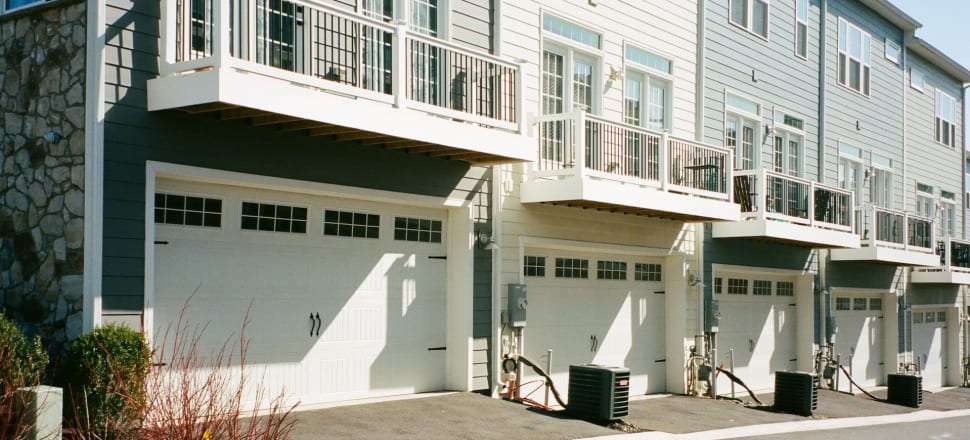
Interest rates are continuing to take a toll on the property sector
Loan defaults in the property industry have increased by more than a third in the past year as interest rate hikes mess with the viability of off-the-plan developments.
According to the credit reporting agency Centrix, property sector credit defaults rose 35 percent in the 12 months to the end of July.
Demand for credit from property businesses also dropped six percent.
READ MORE: * History's bitter lesson on rate hikes * Forced sale concerns for 43,000 mortgage holders * Housing removed from Reserve Bank remit
Blackburn Management construction industry advisor Mike Blackburn said the low-interest rate environment heading into and through the pandemic, coupled with high demand for housing, had seen building consent activity go through the roof.
“That started to change post-Covid once the interest rate started to go up, and one of the biggest problems with the construction industry is activity tends to run 12 to 18 months behind changes in economic indicators,” Blackburn said.
During 2021 and 2022, house prices increased significantly, interest rates were low, and people signed up to buy new builds off the plans.
“Fast forward 12 to 18 months later to the period from January 2023 to where we are today, and a lot of the new construction that was sold off the plans during those peak capital growth times is now coming due for completion.”
Blackburn said buyers' mortgage brokers or banks could no longer forward that mortgage because interest rates had gone from 3 percent to 7 percent and the capital value of the unit which may have cost $650,000 was now only worth $550,000.
The purchaser must still complete the sale, likely through a sale at a lower price than they put the deposit down for.
“It's only worth $550,000 today, but of course the developer has still got seven or eight units in that development unsold that he's still trying to get $650,000 for.
“From the moment the real estate agent lists that one unit for $550,000 what’s every other unit in that block worth? $550,000.”
Blackburn said builders and developers in his hometown of Christchurch bought up every section of land they could get as the market was approaching its peak, “Builders and developers have also found themselves caught out by having too much stock on hand that they're no longer able to sell and bring to the market.”
Across all businesses, liquidations were up 36 percent year on year, with around three in every 10 company liquidations coming from the building sector.
According to Centrix, construction credit defaults have risen 16 percent in the 12 months to July.
“It’s not as if the ass has fallen out of the market, it’s just something the industry has not seen in quite a period of time, and unfortunately it’s caught a number of developers, including some experienced developers, out and it's one of the reasons you’re seeing this increase in defaults.”
Centrix managing director Keith McLaughlin said though new mortgage lending was down 10.1 percent year on year, it seemed the rate of decline was slowing, potentially an early sign the market was turning around.







